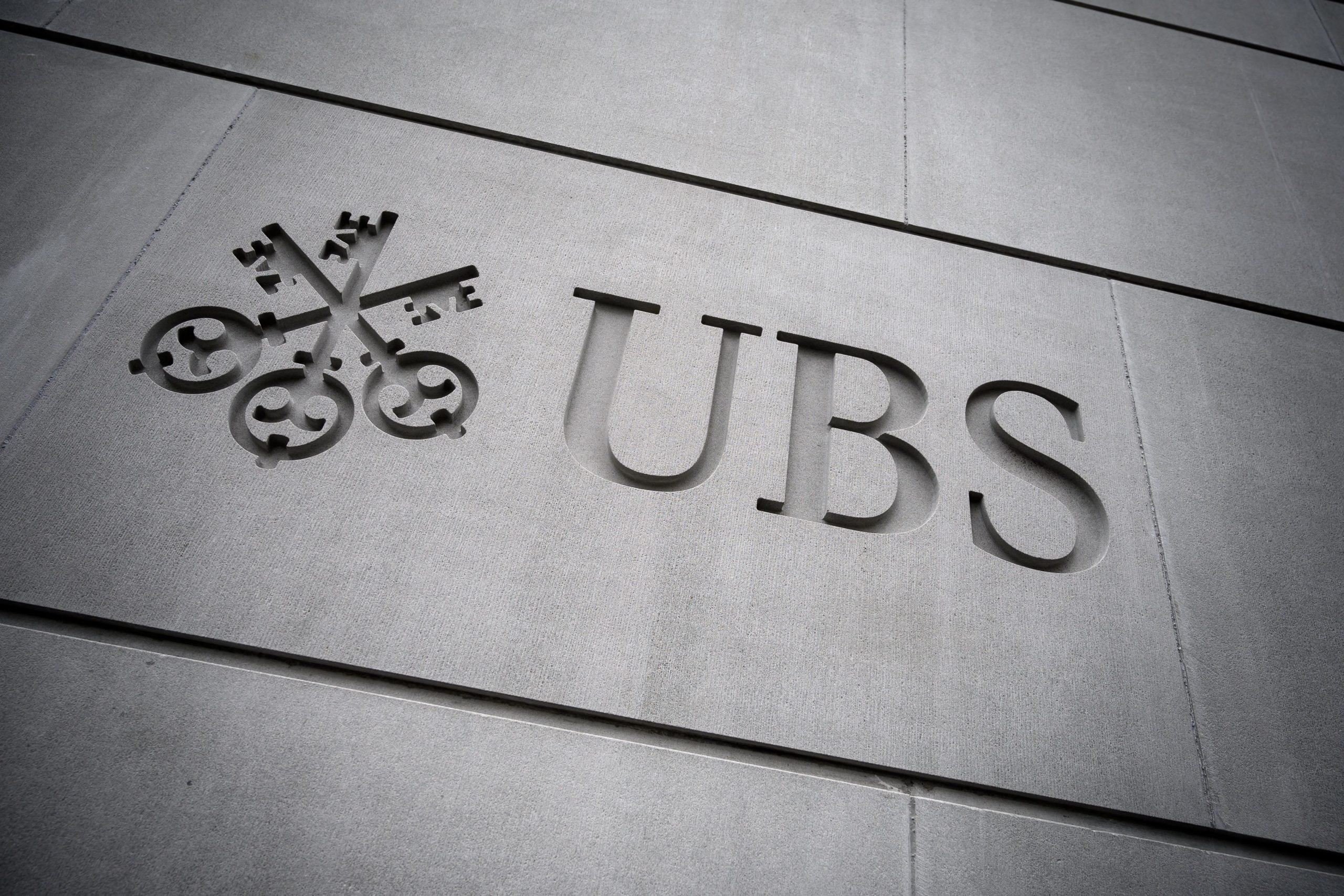
The logo of Swiss banking giant UBS engraved on the wall is seen on its headquarters on May 8, 2019 in Zurich.
Fabrice Coffrini | AFP | Getty Images
LONDON — The world’s largest wealth manager, UBS, reported a jump in net income to $2.1 billion for the third quarter on Tuesday, easily beating analyst expectations. It marks a 99% jump from the same period a year earlier.
“It is very difficult not to be happy with this set of numbers because they are coming from a great contribution from all business units,” CEO Sergio Ermotti told CNBC’s Geoff Cutmore Tuesday.
Analysts had expected the Swiss bank and asset manager to report $1.5 billion of net income for the third quarter, according to data from Refinitiv Eikon. It comes after an 11% drop in profit for the second quarter, as the global banking industry felt the full effect of the coronavirus pandemic.
“We speak a lot about stimulus and Covid-related matters, but the geopolitical uncertainties in Europe, and also in the Sino-U.S. relationship, (are) still there and they’re there to stay so we shouldn’t underestimate that,” Ermotti added.
UBS said pre-tax profit for the third quarter rose 92% to $2.6 billion, in what it described as its best third-quarter result in a decade.
The Swiss lender’s results are the first of Europe’s banks. Analysts are expecting a better quarter for the sector following a tough first half off the back of the coronavirus outbreak and economic crisis.
Here are other highlights of the quarter:
- Operating profit hit $8.9 billion, versus $7.08 billion a year ago
- CET 1 capital ratio reached 13.9%, versus 13.1% a year ago
Pre-tax profit in UBS’ investment bank rose 268%, on the back of market volatility in the wake of the coronavirus crisis. While its wealth management division posted an 18% rise in profit before tax, and total invested assets hit an all-time high of $2.75 billion.
The bank attributed its results to ongoing strong client activity and the “benefits of a well-diversified business model with broad regional mix.”
Speaking to CNBC, Ermotti said: “The amount of visibility is very limited, but this has not really changed in the last few years and months. I think what we are doing is staying very agile and staying very focused on our plan.”
From a geographical standpoint, Ermotti also said that the U.S. and Asia “offer bigger and greater growth opportunities” than Europe, adding that the latter needed to implement more structural reforms and regain competitiveness.
Tuesday’s results are UBS’ last under the leadership of Ermotti, who is due to leave the bank this month. Ralph Hamers will become the new head on Nov. 1.
“UBS has all the options open to write another successful chapter of its history under Ralph’s leadership,” Ermotti said in a statement accompanying the results.


 Signal2forex.com - Best Forex robots and signals
Signal2forex.com - Best Forex robots and signals




